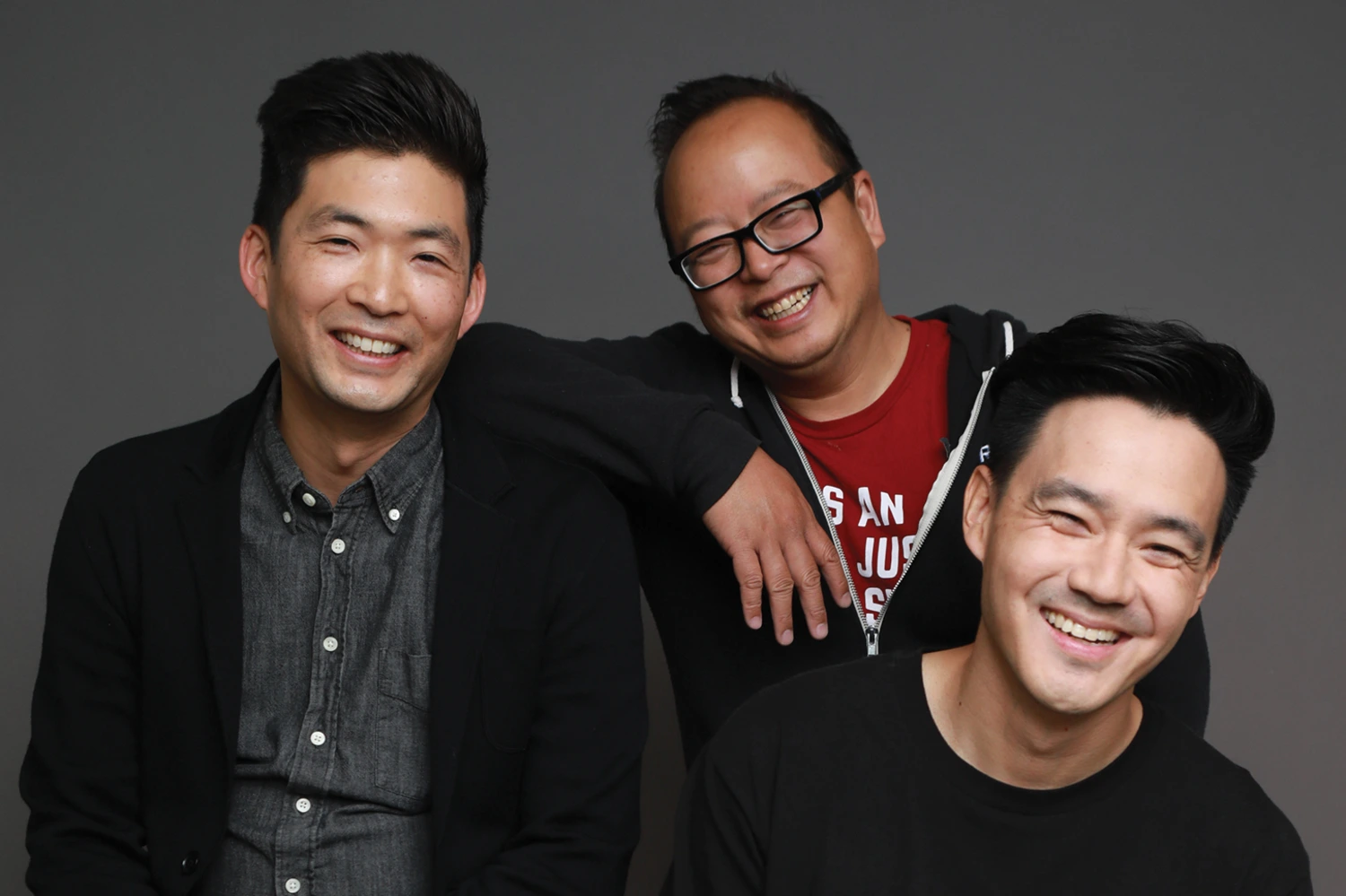For many Asian Americans, forming close friendships with others who share similar cultural backgrounds is a common experience. While this may appear to outsiders as a form of self-segregation, the reality is far more complex. The phenomenon of Asian Americans primarily making friends with other Asian Americans is often shaped by shared experiences, cultural understanding, and the need for a safe space in a society that can be alienating or exclusionary.
One of the primary reasons Asian Americans gravitate toward each other in social settings is the shared cultural identity that fosters an immediate sense of understanding. Many Asian Americans grow up navigating two cultures: their heritage and mainstream American culture. This balancing act, filled with unique experiences like growing up in immigrant families, dealing with language barriers, or partaking in cultural traditions, is often difficult to explain to those outside the community. With other Asian Americans, these experiences don’t need to be explained—they’re inherently understood.
For instance, celebrating Lunar New Year, eating foods like kimchi or durian that may seem unusual to others, or following family traditions rooted in respect for elders are all experiences that build common ground. Friendships between Asian Americans often flourish because these cultural nuances become bonding points rather than barriers.
Another critical factor is the shared experience of navigating race in America. Asian Americans often face stereotypes and discrimination, from being perceived as the “model minority” to experiencing racism and microaggressions. Being part of a friendship group with others who have faced similar challenges creates a supportive network where individuals can discuss their experiences openly without fear of judgment. These friends often serve as a refuge, offering mutual understanding in a society where racial dynamics are complex and sometimes painful.
In predominantly white or non-Asian spaces, Asian Americans may feel like outsiders or struggle to fully belong. In contrast, forming friendships with others from their ethnic background can offer a sense of security and solidarity. This is particularly true for second-generation Asian Americans, who often find themselves straddling two identities—one tied to their parents’ homeland and another shaped by growing up in America.
Even in highly diverse environments like universities or metropolitan cities, Asian Americans may naturally form friendships with others who share their cultural background. Research has shown that people often form social circles based on shared experiences, and for many Asian Americans, the challenges of assimilation, familial expectations, and racial dynamics create a strong bond. Additionally, the presence of Asian-American student organizations or cultural clubs fosters community building, further cementing these friendships.
While the trend of Asian Americans making friends primarily within their own ethnic group may seem insular from the outside, it is often rooted in the desire for connection, understanding, and mutual support. These friendships offer a space where cultural identity can be fully embraced and where the challenges of living as an Asian American in a racially diverse society can be shared and navigated together. Ultimately, these relationships foster a sense of belonging in a world that can sometimes feel isolating.

